Saolas are one of the rarest Mammals and are on the brink of extinction. The European Union, Re: Wild and WWF- Vietnam have aimed to find this wild cattle, supposedly down to a few individuals, to prevent its imminent extinction. Finding & saving the rarest mammal on earth i.e the Asian Unicorn A.K.A Saola has become a mission since few years now, and definitive action being taken by the European Union, Re: Wild and WWF- Vietnam.
Saola- generally new to the ecosystem – were discovered in 1992 by scientists, but they were so rare that no biologist has ever seen them in the wild. Saolas are famously known as the Asian Unicorn because of their ability to be evasive.
Rapid Response for Ecosystems, Species and Communities Undergoing Emergencies (Rapid RESCUE) fund, which was established in 2020 by the EU, Leonardo Di Caprio and Re: Wild- to quickly act upon the emerging biodiversity threats. The Saola is their latest focus.
Unfortunately, due to the global pandemic, the extensive search for the last Saolas had effectively stopped. But, it only proved the need for an emergency to initiate surveys and conservation methods to prevent extinction. Rapid RESCUE’s funding will support Re: Wild and WWF- Viet Nam to search for the last Saolas in Vietnam. The initiative would be the first step towards securing these animals for a conversation breeding program that ensures these species’ survival.
Andrew Tilker, Re: Wild’s Asian species officer, affirmed that this is an opportunity to find and save the last Saola in Vietnam. He further added how they are searching for other endangered species that are specifically found in the Annamite Mountains. Moreover, he confirmed that they are working with local stakeholders to start conservation breeding programs for a few species to return them to the wild when it is safe.
The Annamite Mountains are a chain of mountains on the border of Vietnam and Laos. But, several species, including the Saola, are victims of hunting through wire snares- a wire loop attached to trees. While these wire snares don’t specifically target Saolas, they act as a scapegoat in their hunt to kill ground-dwelling animals. Saola’s evasiveness has come in handy because after the discovery biologists have only photographed them by camera traps five times- twice in Laos and thrice in Vietnam. The most recent photo was taken in 2013 via a camera trap, and the Saola was found in Central Vietnam. Furthermore, Saola got featured as Vietnam’s mascot in the Southeast Asia Games 2022, which ran from 12th May to 23rd May.
Nguyen Van Tri Tin, the lead of WWF- Viet Nam’s wildlife programme affirmed:
“With funding from the EU through Re: Wild, the USAID Biodiversity Conservation Activity and WWF- Viet Nam’s efforts will focus on rapidly detecting the last remaining Saola individuals through local ecological knowledge and state-of-the-art technologies such as environmental- DNA and intensive camera trapping.”
Furthermore, he added: “We hope these search efforts and a successful conservation breeding program can recover the Saola in Central Annamite and preserve an important part of Vietnam’s natural heritage.”
The recent effort to lengthen the imminent extinction of Saola is a part of a broader vision to establish the first-ever conservation breeding centre for other rare animals- including Saola- found only in the Annamites. These animals include large-antlered muntjac, Annamite-striped rabbit and Annamite crested argus pheasant.
Re: Wild was founded by a few renowned conservation scientists and Leonardo DiCaprio. Their belief that the most pressing issues are a solution to the interconnected climate, biodiversity and human wellbeing crises is evident. It brings together indigenous people, local communities, influential leaders, NGOs, governments, companies and the public to protect and rewild at a good momentum.
WWF- Viet Nam, one of the world’s largest and most respected independent organisations, believes in stopping the degradation of the earth’s natural environment and building a future wherein humans live in harmony with nature. It would happen by conserving the world’s biological diversity, ensuring that the use of renewable natural resources is sustainable and promoting pollution reduction and wasteful consumption.
Lastly, Re: Wild and WWF- Viet Nam is working toward turning this dream into a reality by working with Vietnam’s Ministry of Agriculture and Rural Development and several IUCN species specialist groups.
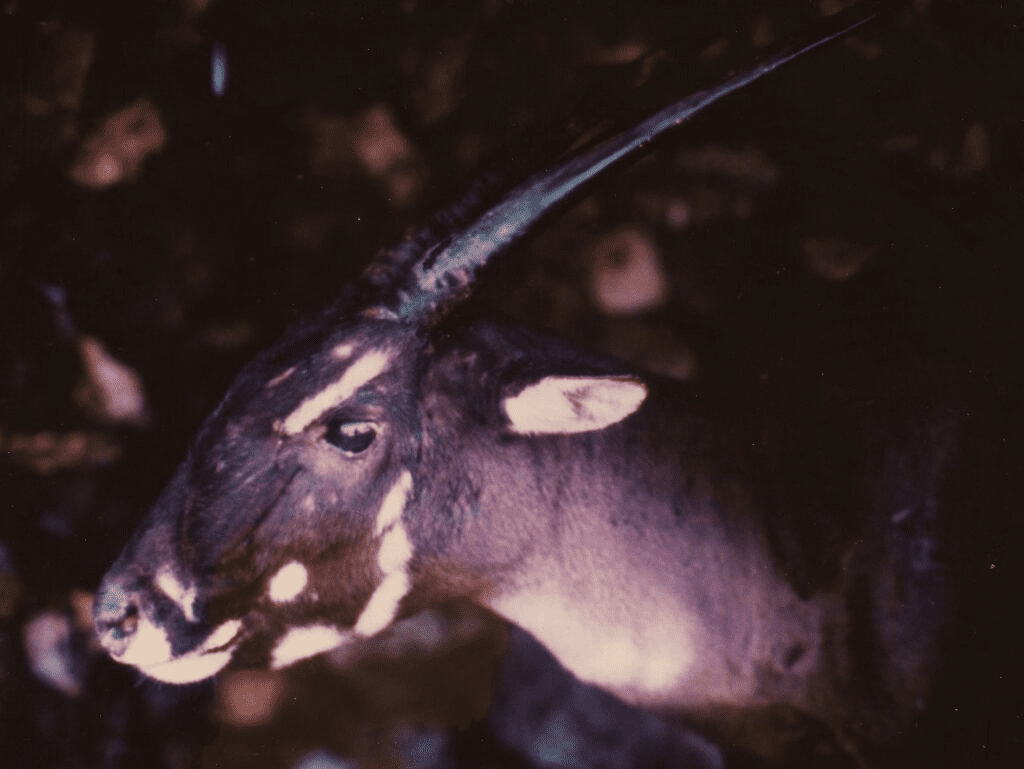
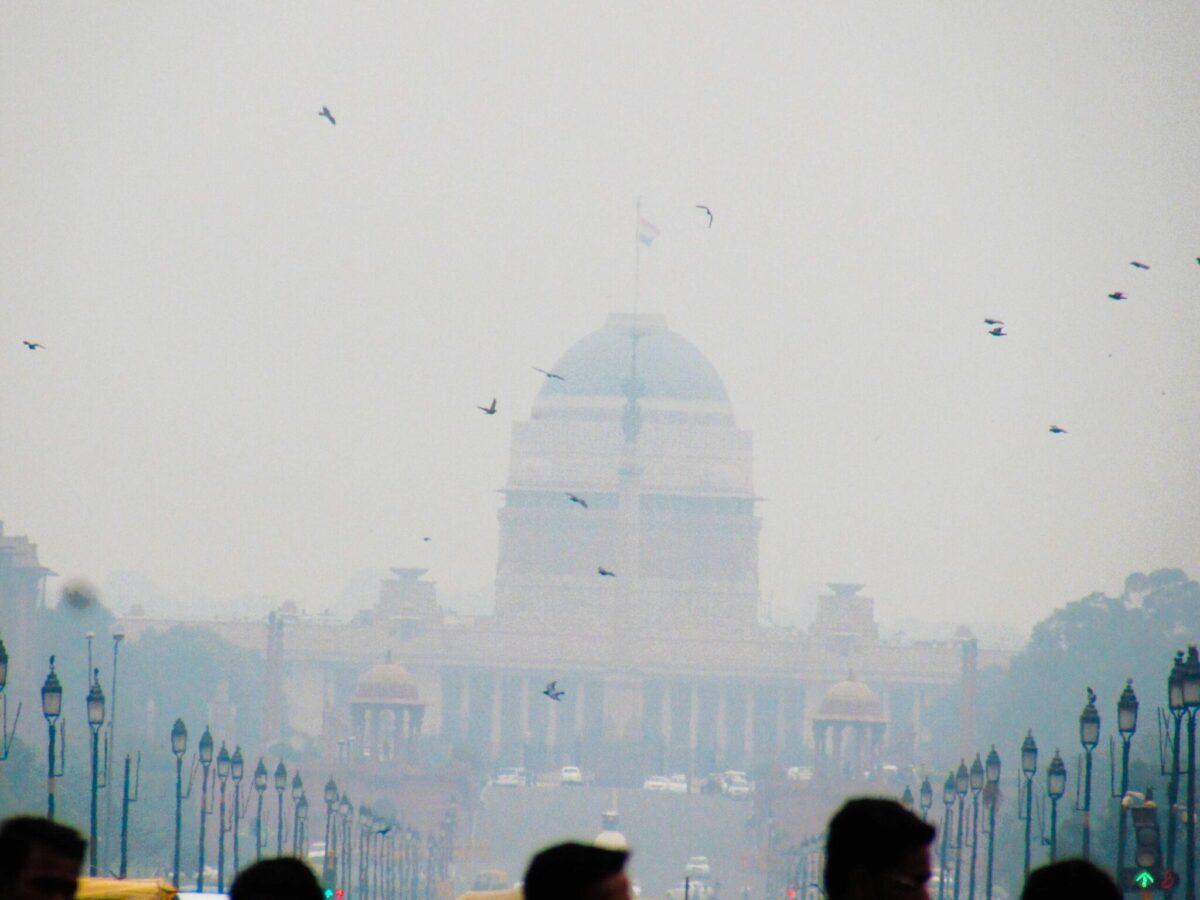
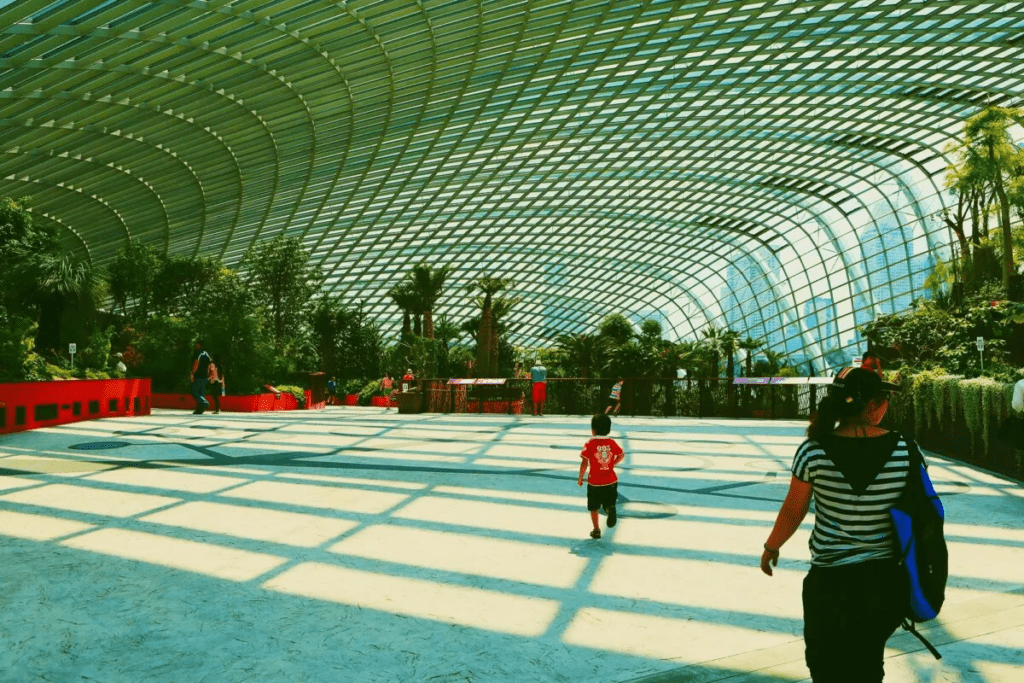
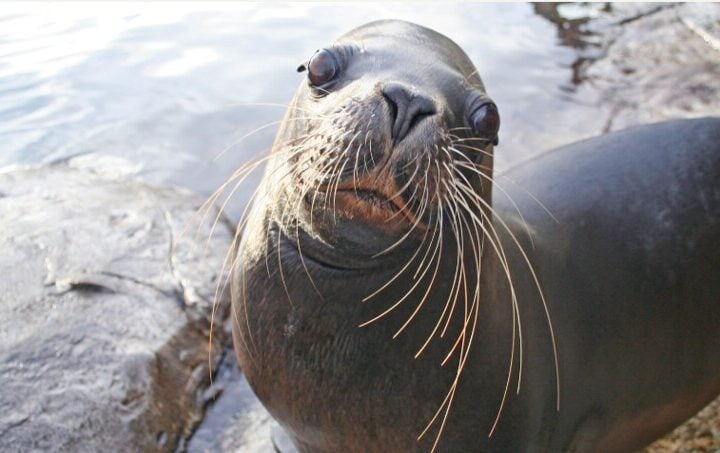
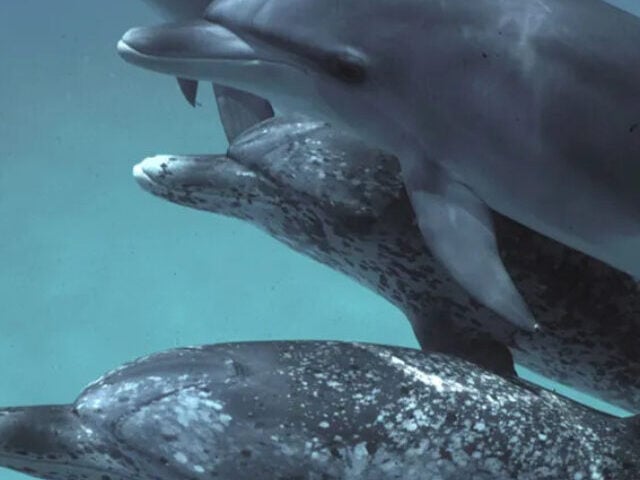
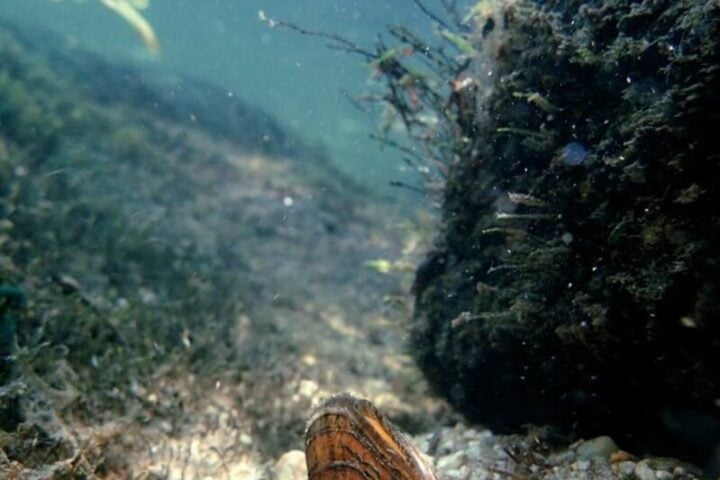
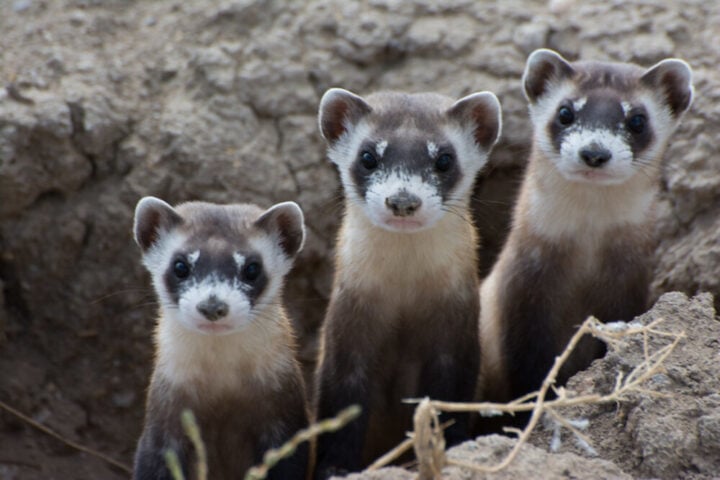
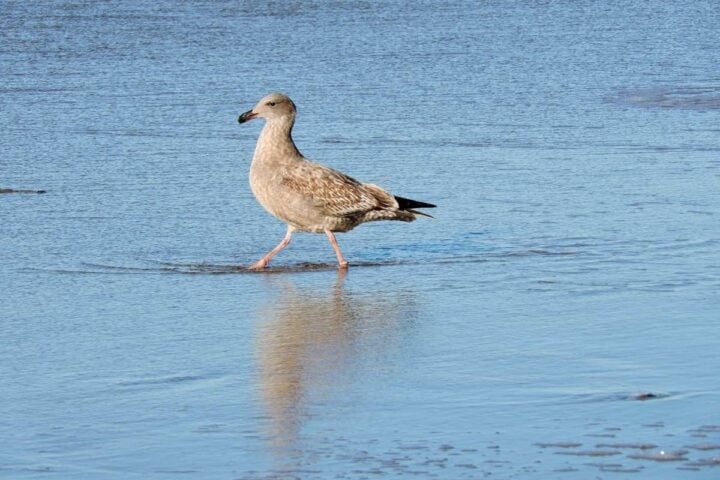
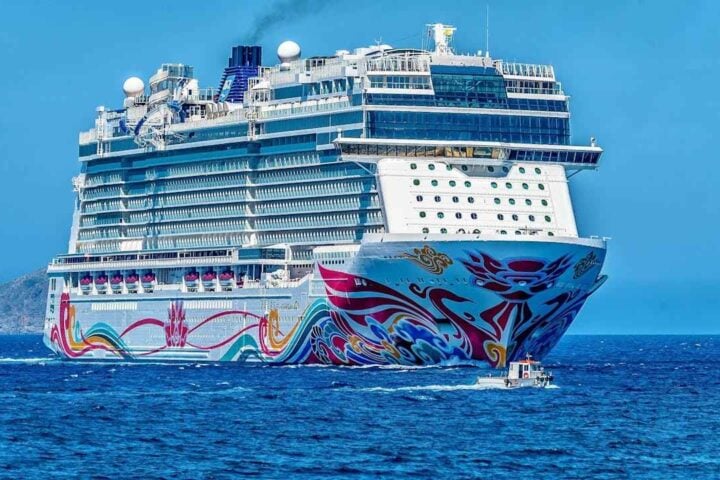
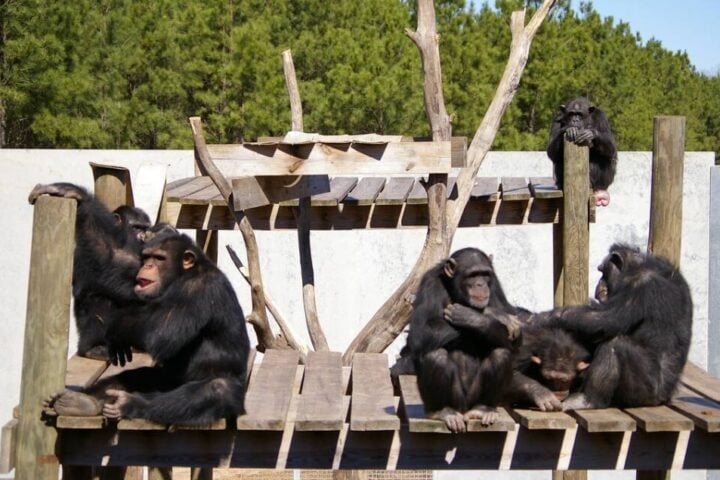
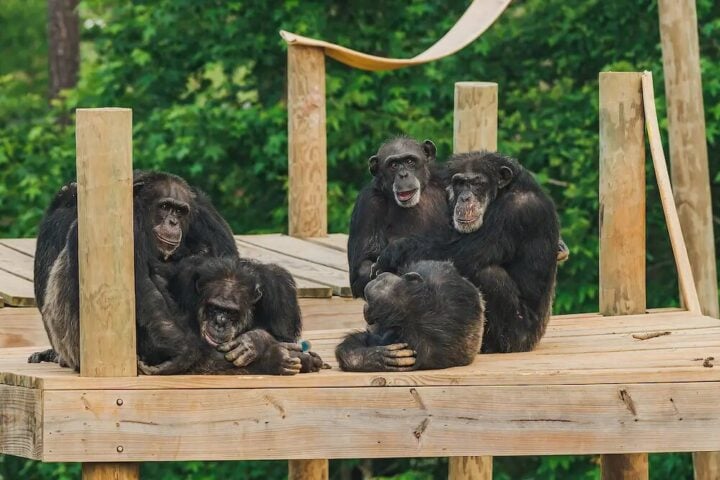
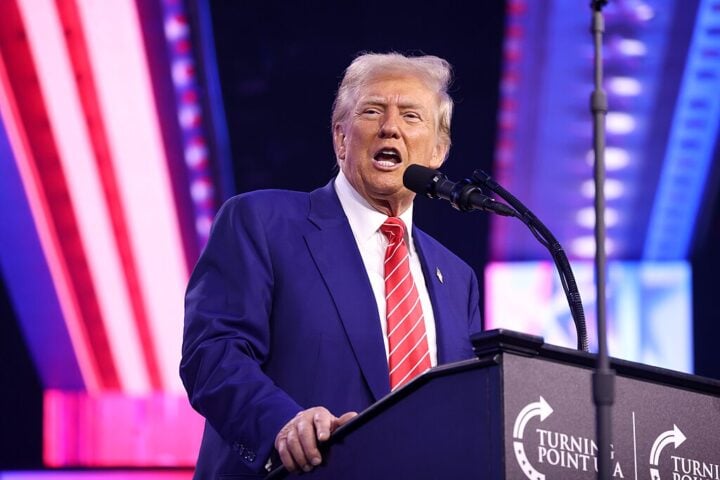
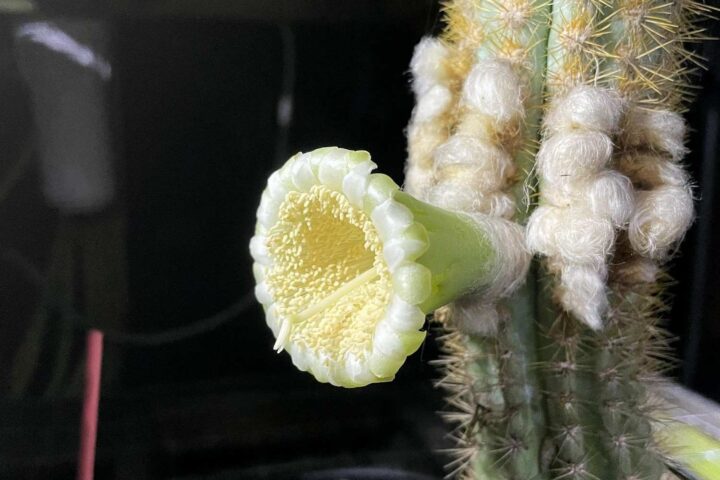
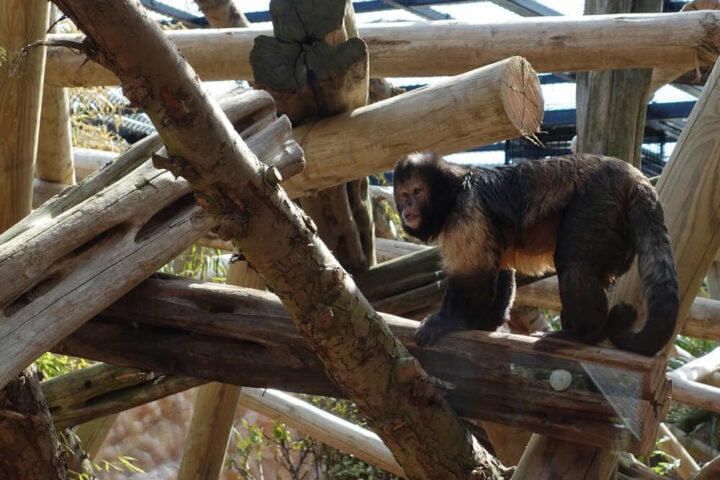
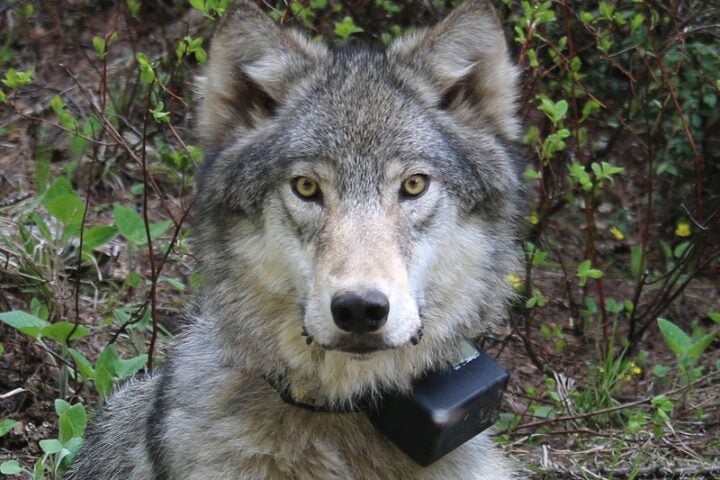
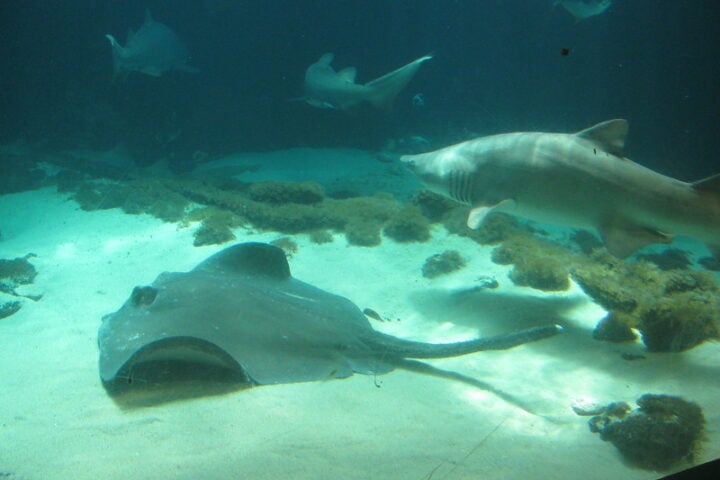
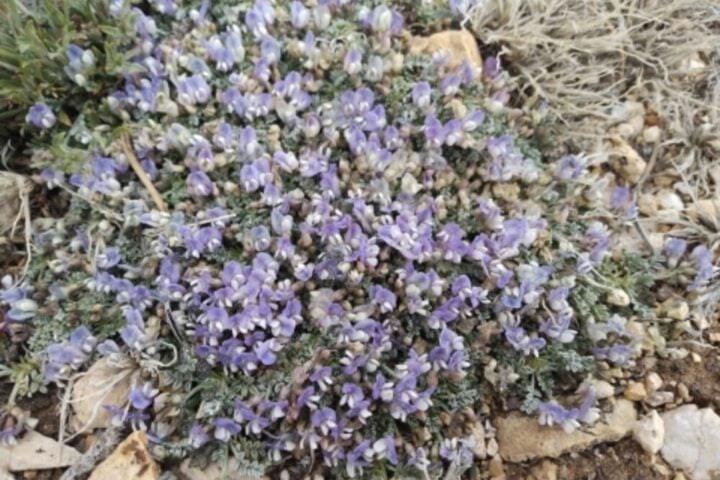
![Representative Image: European Starling [49/366]. Photo Source: Tim Sackton (CC BY-SA 2.0)](https://www.karmactive.com/wp-content/uploads/2025/04/Starlings-Drop-82-in-UK-Gardens-as-Birdwatch-2025-Reveals-Record-Low-Count-Since-1979-720x480.jpg)